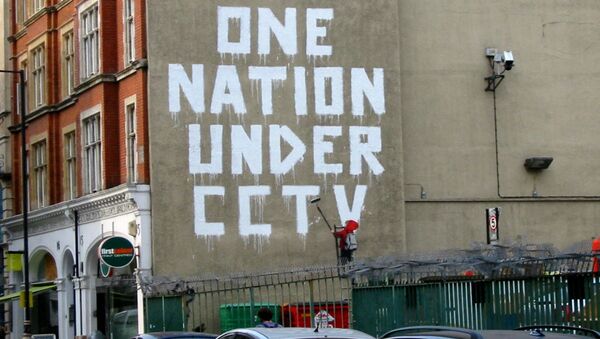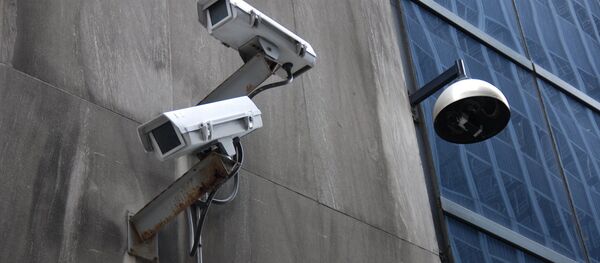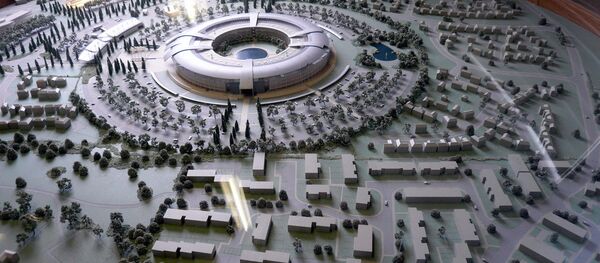"We've got a strategy to encourage people to move their cameras down to eye level," he told LBC radio.
"Facial recognition software has got better, and we can now apply it to images of burglaries, and then compare them with images we take when we arrest people."
"What we need to be able to do is to be able to compare that photograph with the images we have of people committing a crime. Taking the tops of their heads is not that helpful for facial recognition which relies on the eyes and the configuration of the area around the nose and the mouth. So we're trying to get people to, ideally, add a camera at face level," he said.
Everyone should have CCTV cameras at home to help police catch burglars, says UK's top cop http://t.co/tmjdGJnWYF pic.twitter.com/jMQ65hUtsv
— LBC (@LBC) March 9, 2015
But human rights campaigners were quick to condemn his suggestion. "The proposals on increasing the amount of privately owned CCTV cameras are quite frankly Orwellian and risk turning members of the public into an extension of the police," Renate Samson of Big Brother Watch told the Mail on Sunday.
"Private CCTV is completely unregulated. Recommending greater use of CCTV to gather more images of people's faces — often innocent people's faces — undermines the security of each and every one of us."
MPs Condemn Snapshots
A House of Commons committee this weekend released a report that warned against the increasing use of widespread surveillance using facial recognition technology, without proper regulation to protect people's human rights.
"We are not against the police using biometric technologies like facial recognition software to combat crime and terrorism. But we were alarmed to discover that the police have begun uploading custody photographs of people to the Police National Database and using facial recognition software without any regulatory oversight — some of the people had not even been charged."




